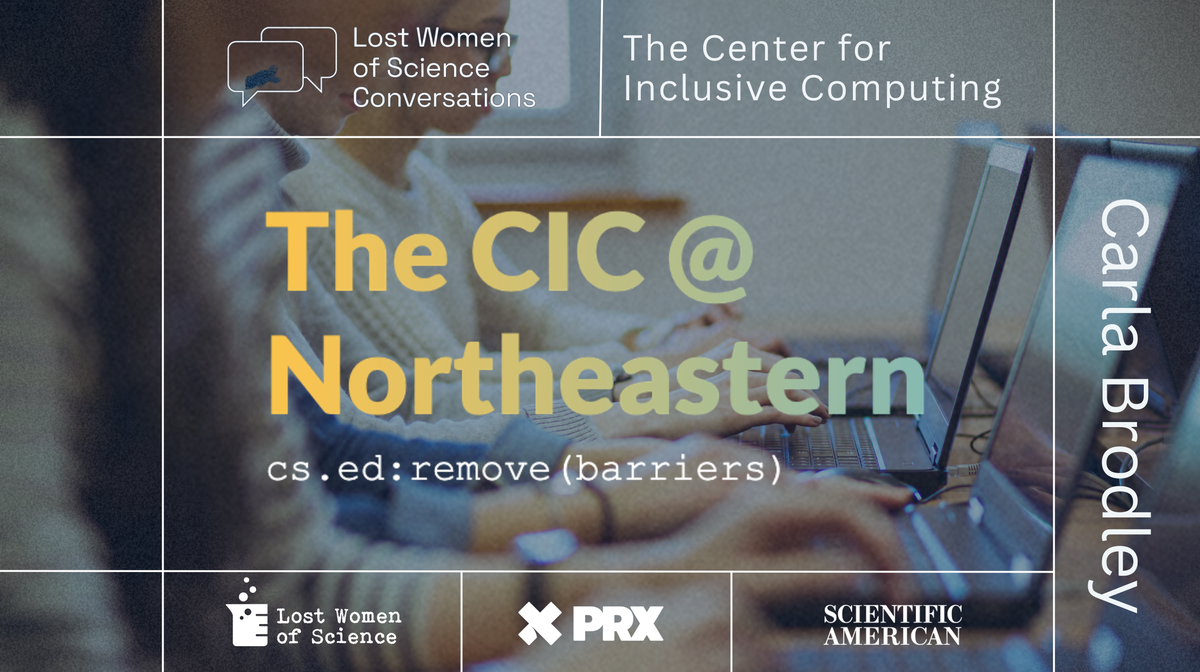
"In high school, Carla Brodley was almost shut out of computer science when boys took over all the computers. But she rediscovered her love for the field in college and has made it her mission to open doors for others. She became founding executive director of the Center for Inclusive Computing, which now partners with more than 100 institutions to make computer science more accessible, at Northeastern University, where she also served as dean of Northeastern's Khoury College of Computer Sciences from 2014 to 2921."
"As a result of Brodley's work, including her push to introduce more flexible degree programs, more womenand especially, more women of colorhave not only enrolled but also stayed in the field. Now, with a major boost from Melinda French Gates's organization Pivotal Ventures, Brodley is aiming to scale up her efforts. Today she joins Lost Women of Science host Katie Hafner to share her journey, new paths to computer science and the way artificial intelligence fits in."
"It turns out that because of the way our systems have worked in this country, that the people most often who've not had access to computer science in high school are the people that would, if we could make it so that they enjoyed and persisted in computer science would change the demographics."
Carla Brodley nearly lost access to computer science in high school when boys took over the computers, but she rediscovered the field in college and committed to widening access. She founded the Center for Inclusive Computing, which partners with more than 100 institutions to make computer science more accessible. She served as dean of Northeastern's Khoury College of Computer Sciences from 2014 to 2921. Her initiatives, including more flexible degree programs, increased enrollment and retention of women, particularly women of color. With support from Pivotal Ventures, she plans to scale inclusive pathways and incorporate artificial intelligence into new approaches.
Read at www.scientificamerican.com
Unable to calculate read time
Collection
[
|
...
]